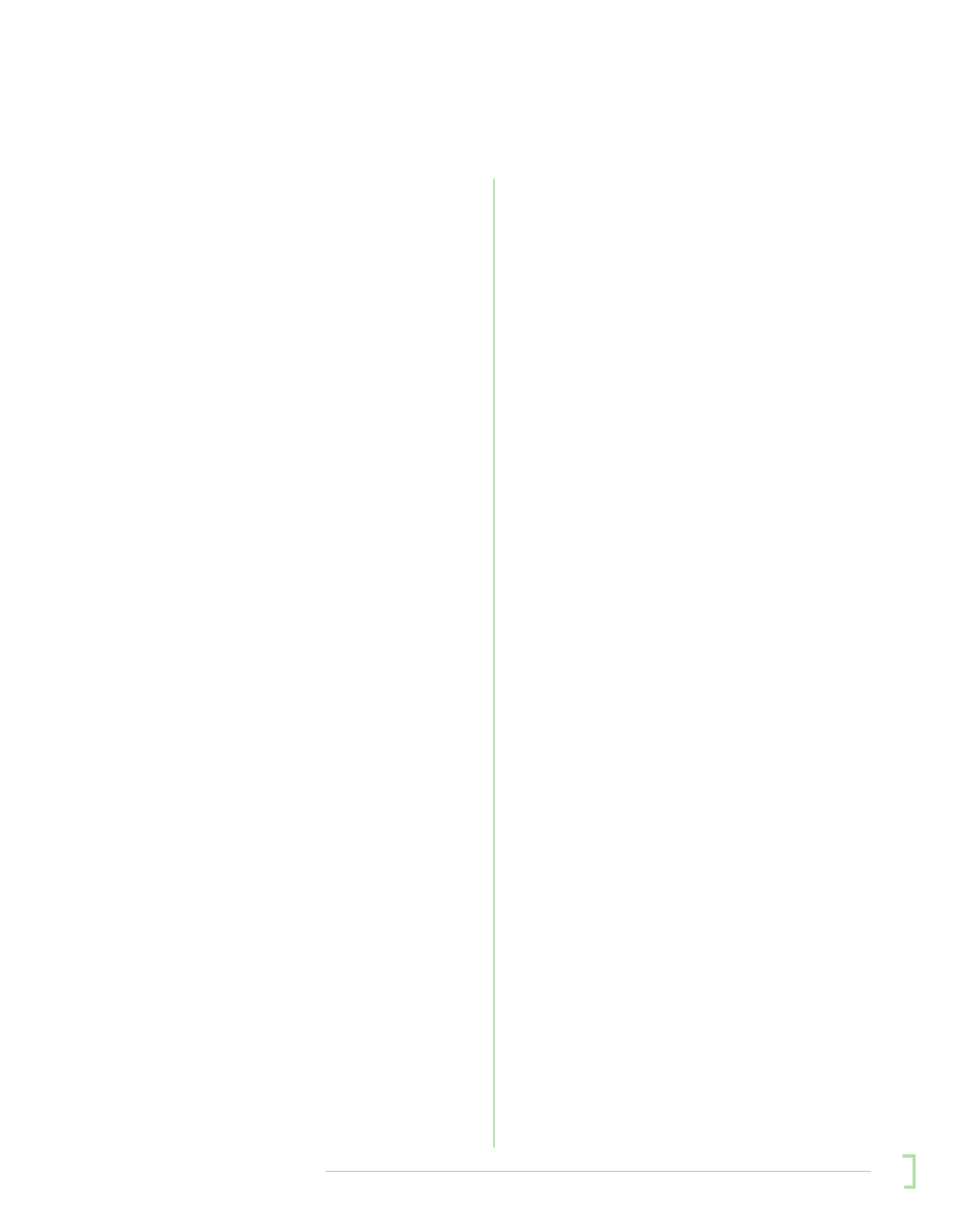
• Clearlydocumentedstandardoperatingprocedure
manuals set out the policies and procedures for
day to day operations. Regular reviews are
performed to ensure that documentation remains
current and relevant.
• Consolidated monthly management accounts and
quarterly forecast performance which allow
Management to focus on areas of concern.
• Regular visits to operating units by Planting
Advisors, Visiting Engineers and Estates Agents,
with emphasis on the monitoring and control of
expenditure at operating units, agronomic
practices and ad-hoc investigations.
• Strategic planning, target setting and detailed
budgeting process for each operating unit which
are approved both at the operating level and by
the Board.
• Monthly monitoring of results against budget, with
major variances being followed up and
management action taken, where necessary.
• Regular visits to the operating units by members
of the Board and Senior Management.
MONITORING AND REVIEW OF THE
ADEQUACY AND INTEGRITY OF THE
SYSTEM OF INTERNAL CONTROL
The processes adopted to monitor and review the
adequacy and integrity of the system of internal
control include:
• Periodic confirmation by the Chief Executive
Officer, Chief Operating Officer, Chief Financial
Officer and/or Risk Officer on the effectiveness of
the system of internal control, highlighting any
weaknesses and changes in risk profile.
• Periodic examination of business processes and
the state of internal control by the internal audit
function. Reports on the reviews carried out by
the internal audit function are submitted on a
regular basis to the Management Audit Committee
and Audit Committee.
The monitoring, review and reporting arrangements
provide reasonable assurance that the structure of
controls and its operations are appropriate to the
Group’s operations and that risks are at an acceptable
level throughout the Group’s businesses. Such
arrangements, however, do not eliminate the possibility
of human error, deliberate circumvention of control
proceduresbyemployees andothers, or theoccurrence
of unforeseeable circumstances. The Board believes
that the development of the system of internal controls
is an on-going process and has taken proactive steps
throughout the year to improve its internal controls
system and will continue to undertake such steps. The
Board is of the view that the system of internal control
in place for the year under review is sound and
sufficient to safeguard shareholders’ investments,
stakeholders’ interests and the Group’s assets.
WEAKNESSES IN INTERNAL CONTROL
THAT RESULT IN MATERIAL LOSSES
Other than those already brought to the attention of
the Board, there were no material losses incurred for
thefinancial year under reviewas a result ofweaknesses
in internal control. Management continues to take
measures to strengthen the control environment.
As required by paragraph 15.23 of Bursa Securities’
MMLR, the external auditors have reviewed this
Statement on Risk Management and Internal Control.
The review was performed in accordance with
Recommended Practice Guide (RPG) 5 (Revised 2015)
issued by the Malaysian Institute of Accountants. RPG
5 (Revised 2015) does not require the external auditors
to form an opinion on the adequacy and effectiveness
of the risk management and internal control systems
of the Group.
This statement ismade inaccordancewitha resolution
of the Board of Directors dated 25 February 2016.
an n ual repo rt 2015
53


